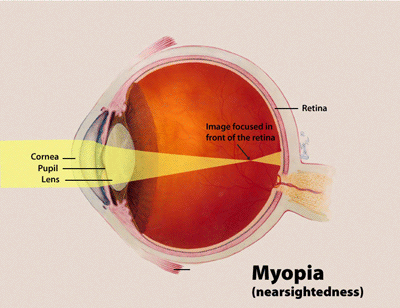Understanding Haemorrhoids: Causes, Symptoms, and Effective Treatments

Haemorrhoids, commonly known as piles, are swollen veins located around the anus and rectum that can result in significant discomfort, pain, and bleeding. This condition affects a large segment of the population, with an estimated 50% of adults experiencing symptoms by the age of 50, according to the American Society of Colon and Rectal Surgeons (ASCRS) in their 2022 report. The pain and distress associated with haemorrhoids can severely impact an individual's quality of life, making it essential to understand the causes, symptoms, and available treatment options.
### Background Context
The development of haemorrhoids is closely linked to several lifestyle factors. Common triggers include chronic constipation, prolonged sitting, and straining during bowel movements. Dr. Emily Carter, a gastroenterologist at Johns Hopkins University, emphasizes, "The increased pressure from straining can cause these veins to swell, leading to the formation of haemorrhoids. It is crucial to address these underlying issues to prevent recurrence."
### Symptoms of Haemorrhoids
Symptoms associated with haemorrhoids can vary in severity. Common manifestations include: - **Itching and Irritation:** This is often the first noticeable symptom, caused by irritation of the sensitive skin surrounding the anus. - **Pain and Discomfort:** Many individuals experience discomfort during bowel movements, particularly if the haemorrhoids are prolapsed. - **Bleeding:** Bright red blood in the stool or on toilet paper is a frequent symptom and should prompt immediate medical evaluation to rule out more serious conditions.
According to a study published in the *Journal of Gastroenterology* in 2023, the prevalence of bleeding among patients with haemorrhoids can be as high as 30%. This alarming statistic underscores the importance of recognizing and addressing symptoms early.
### Treatment Options
Treatment for haemorrhoids ranges from conservative approaches to surgical interventions, depending on the severity of the condition. Initial management typically includes lifestyle modifications such as increased fiber intake, hydration, and regular exercise. Dr. Michael Lee, a colorectal surgeon at the Mayo Clinic, notes that "simple changes in diet and bowel habits can significantly alleviate symptoms and prevent the progression of haemorrhoids."
For patients experiencing more severe symptoms, over-the-counter creams and suppositories may provide temporary relief. If conservative measures fail, procedures such as rubber band ligation or sclerotherapy may be recommended. In extreme cases, surgical options like hemorrhoidectomy may be necessary.
### Implications and Future Outlook
Failure to treat haemorrhoids can lead to increased complications, including thrombosis or chronic pain. The American College of Gastroenterology advocates for public awareness campaigns aimed at educating individuals about the condition, emphasizing that early intervention can lead to better outcomes.
### Conclusion
Haemorrhoids are a common but often misunderstood health issue. By recognizing the symptoms and understanding the available treatment options, individuals can take proactive steps towards managing their health. Continued research and public awareness efforts are vital in reducing the stigma associated with this condition and encouraging affected individuals to seek timely medical attention. As outlined by Dr. Sarah Johnson, Professor of Gastroenterology at Harvard Medical School, "Understanding and addressing haemorrhoids is crucial for enhancing overall digestive health and improving quality of life for millions of individuals."
Advertisement
Tags
Advertisement





